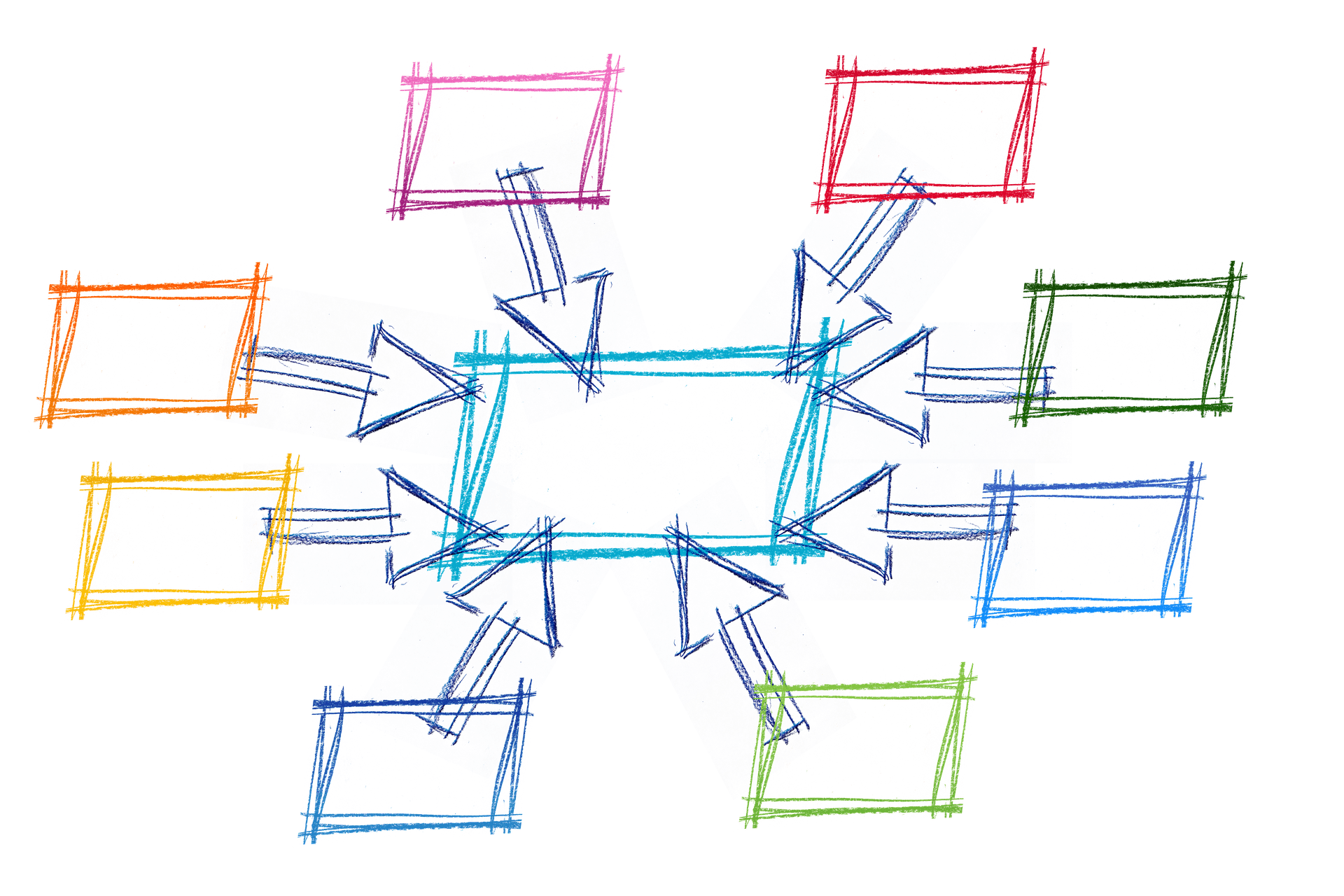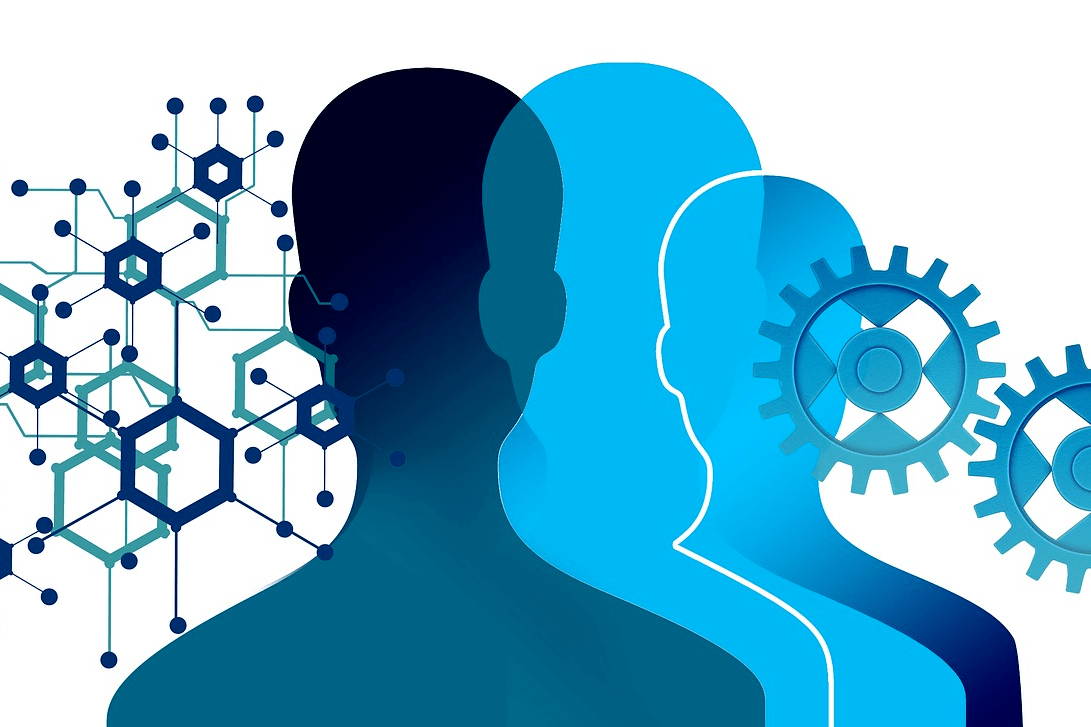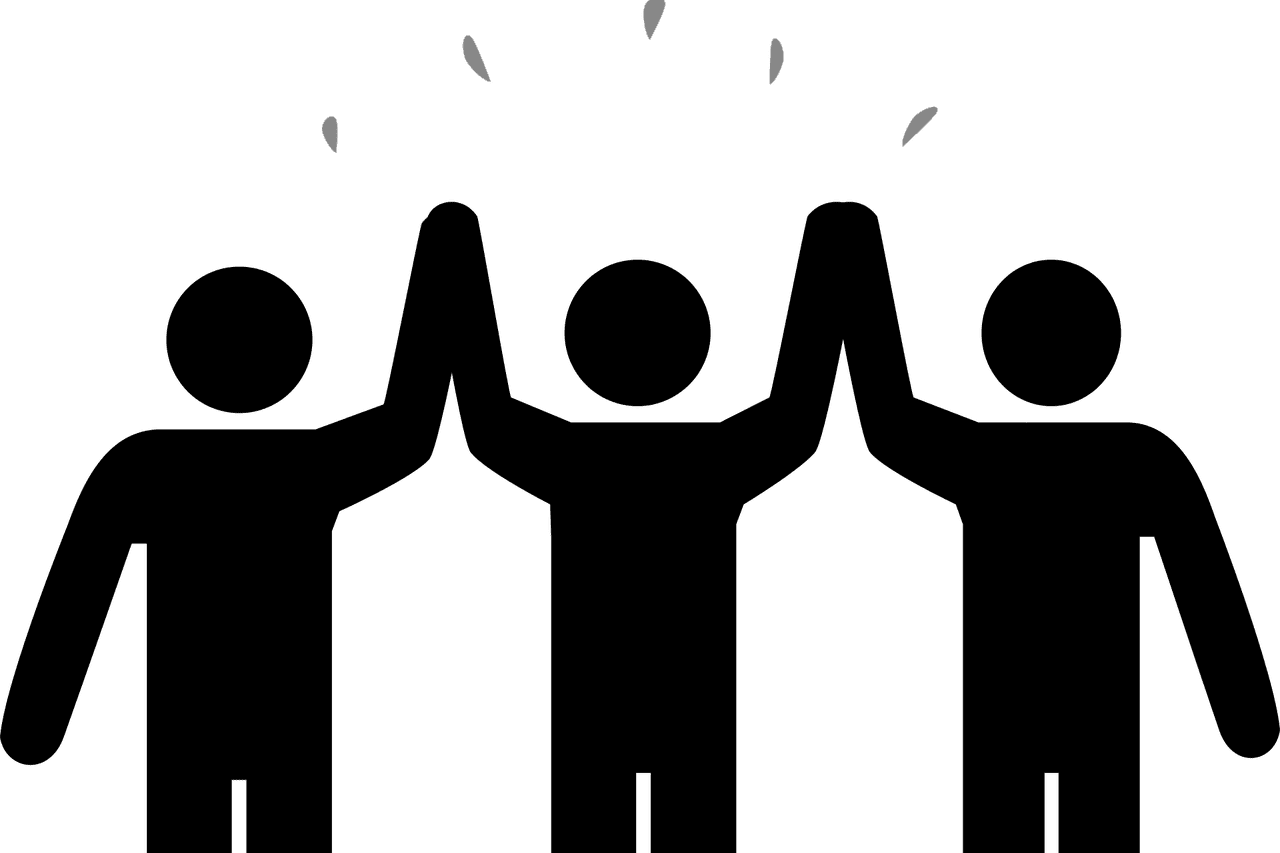
Series: Let our Powers Combine! Post 1: Navigating Working—Together
High-functioning successful teams don’t just happen! Successful teamwork doesn’t come about by luck or chance. It is imperative that we have the skills to create successful teams through individual and collective competence. In this post, the authors share how they developed into a successful high-functioning interprofessional team. By capitalizing on one another’s ‘powers’, they developed into a cohesive team that is productive, creative, and successful in accomplishing their goals and enjoying the process of working together toward these shared goals. Added bonus? They have been so successful in accomplishing their initial goals that they are continuing to work together to write blog posts! Let the powers combine! (Estimated reading time: 4 minutes, 41 seconds.)
By Getahun Lombamo, Sheryl Mills, and Amy Wiebe
There was an animated series back in the day--’Captain Planet’. In this animated series, Earth, Wind, Fire, Water, and Heart let their powers combine to create a superpowered superhero called ‘Captain Planet’. We have discovered that when we let our powers combine, we feel like Captain Planet is in the room!

We accomplished our first goal--the one that originally brought us together--and have expanded and created even more fulsome initiatives. Additionally, through our work together, we have learned from one another and have moved ideas into other areas of our professional and personal practices. We have capitalized on being ‘more’ together than we are individually.
We consider ourselves a successful high-functioning interprofessional team with complimentary skills sets, both academically and as team members. We establish clear agreed-upon SMART goals. We clearly define our roles and tasks. We respect and value one another’s powers. We combine our complimentary powers to get our shared work done--just like the team in Captain Planet! We let our powers combine and have ended up with a collective superpower that is more than any one of us on our own. We believe this is one of the elements that makes our team successful.
At this point you might be wondering, “What are these ‘powers’?” 🤔
We think of ‘powers’ in the academic setting as disciplinary training, number of degrees, places we have studied, diversity of experiences plus non-discipline-based areas of expertise. On our team we have members with backgrounds and training in education, nutrition, organizational management, and pharmacy. We have enough ‘common language’ to interact and communicate effectively, we are curious about one another’s perspectives, and we value learning from one another. So, ‘powers’ that are not disciplinary-training specific include:
- Curiosity
- Open to learning new things
- Commitment levels
- Eagerness and enthusiasm for our projects
- Organizational skills
- Communication skills
- Respectfulness
- Appreciation and gratitude
- Project management abilities
Individual Strengths: “The powers are yours!” (a Captain Planet quote)
Coming into the project, Amy was familiar with harm reduction modules that had recently been developed for practicing pharmacists and was riding on the positive experience of that initiative. She saw the potential for expanding the reach of these principles to undergraduates. Getahun and Sheryl had been reimagining, evolving, and expanding interprofessional education opportunities.
Amy’s individual ‘powers’ include (but are certainly not limited to):
- Organizing
- Collating, synthesizing, and distilling ideas
- Asking questions rooted in genuine curiosity.
Getahun’s individual ‘powers’ include (but are certainly not limited to):
- Listening and bringing forward ideas based on discussion
- Summarizing and synthesizing
- Providing historical context that includes drawing from prior activities and initiatives.
Sheryl’s individual ‘powers’ include (but are certainly not limited to):
- Creatively generating new ideas
- Spotting the potential for transferability and making connections
- A deep understanding of educational design principles.
In our roles, we all have freedom to decide on the approaches we would take and we were bolstered by the fact that the wider community was open to what we would build. (More on that in Posts 2 and 3 in this series.)
Collective Competence: “By your powers combined!” (another Captain Planet quote)
Although we all have experience in this team, no one is the expert in what we were developing together. This exact ‘thing’ had not been attempted before in this way. No one had a ‘right answer’. We were in new territory, creating new things together and discovering as we moved forward. Each of us drew from our communities to make connections and generate new opportunities. We relied on each other and capitalized on our individual ‘powers’--our personal and professional strengths, our individual experiences and competence, and our mutually supporting goals.
We also discovered that we share some strengths. These include:
- Being open and welcoming to new ideas
- Curiosity
- Listening with obvious interest and respect
- Commitment and engagement in the project--and the process
- Staying present until we understand one another’s perspectives.
Additionally, over time, as Amy became familiar with the way Getahun and Sheryl envisioned IPE and Getahun and Sheryl became familiar with harm reduction principles, we also discovered that we had shared and aligned values that underpinned our work! At the heart of the principles for both harm reduction and interprofessional education, caring with others--people accessing healthcare, clients, patients, colleagues, and self--with kindness, interest, and respect is central.
Powers: Yours, Mine, and Ours
- What are your ‘powers’? (We all have them 😉)
- How do you let others know about your ‘powers’?
- Reflect on your own successful team experiences. What ‘powers’ do you think contributed to the successfulness of your team?
- We recognized one another’s ‘powers’ and capitalized on these. How consciously and consistently do you look for ‘powers’ in others?
If you would like to share one of your successful team experiences, please be in touch. There just might be a gem of a blog post just waiting to be shared! We would love to hear from you.
Contact sheryl.mills@usask.ca

